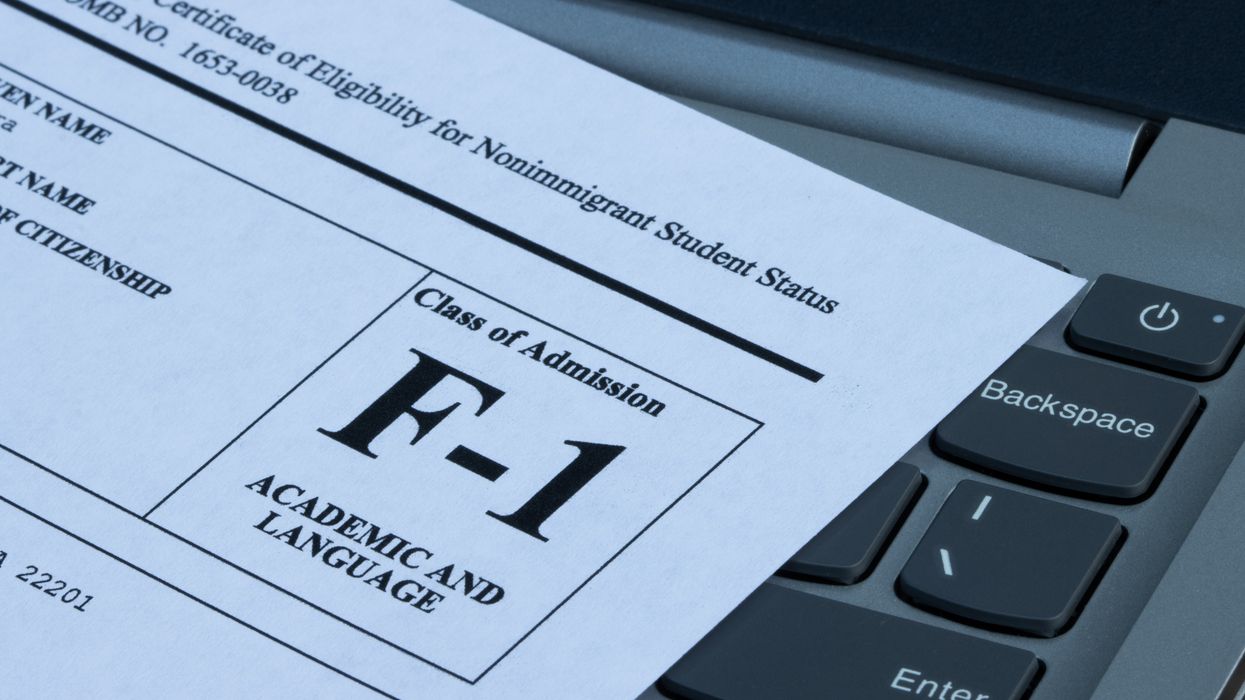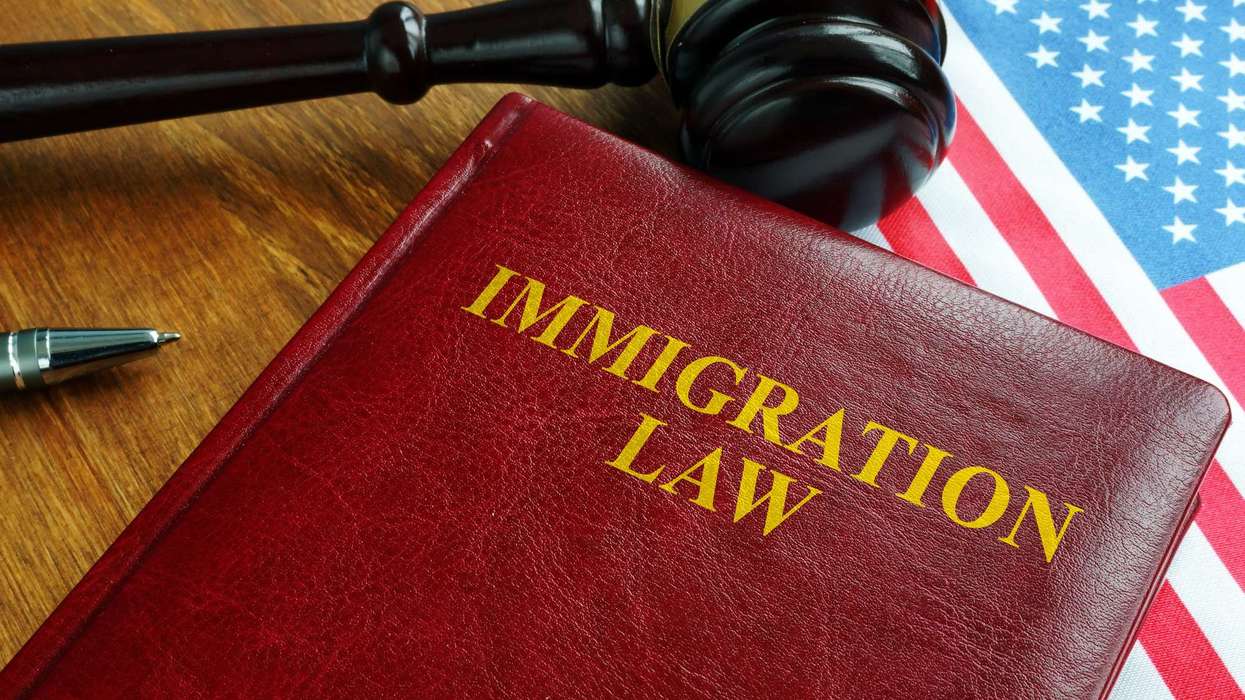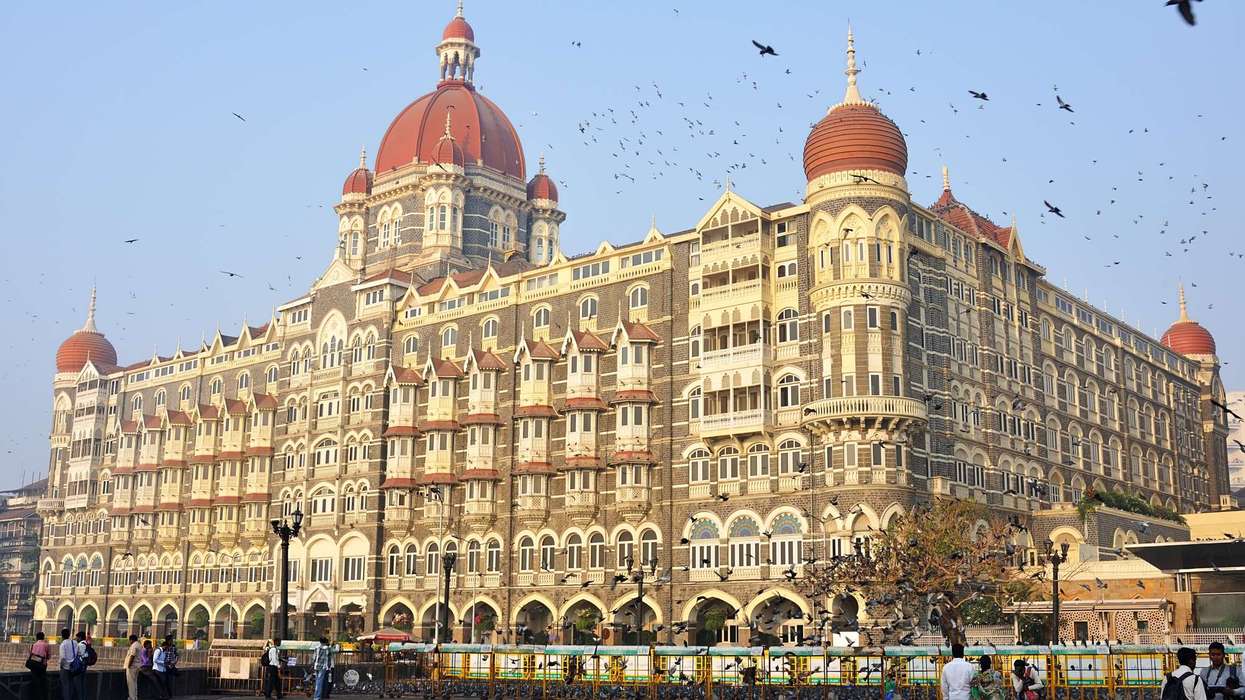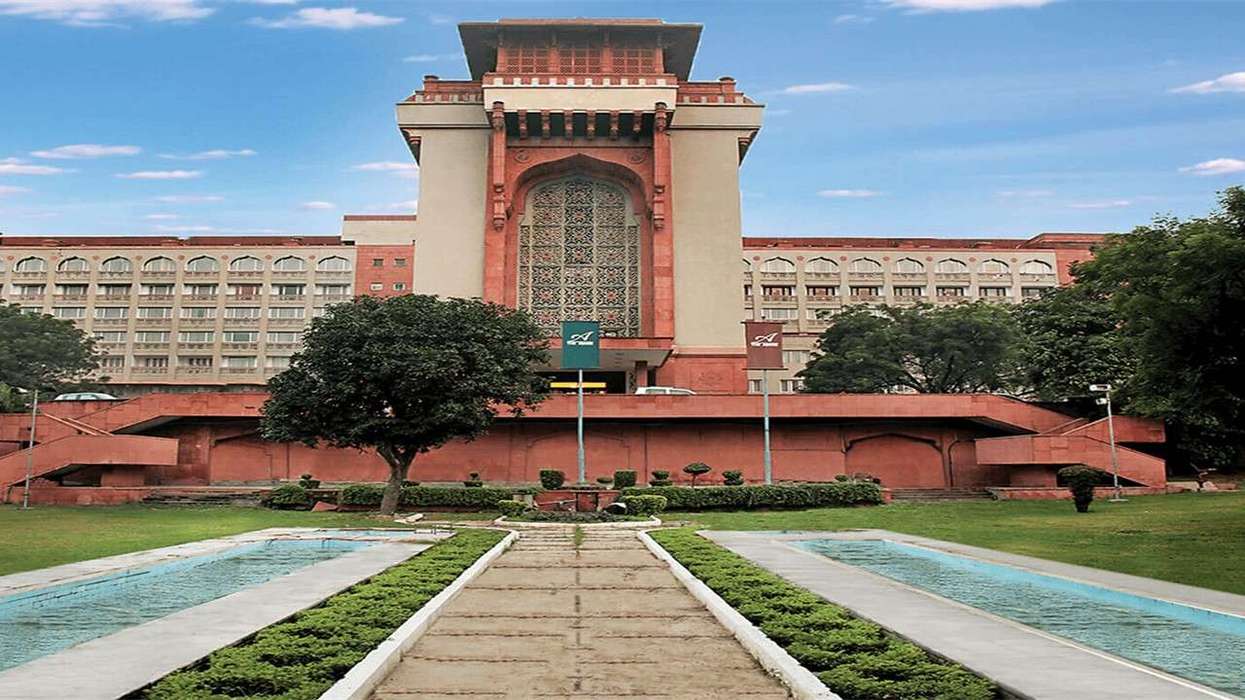Summary:
- U.S. may impose fixed stays for F, J and I student visas, affecting more than 420,000 Indian students.
- Legal experts warn it could change how “unlawful presence” is calculated.
- Anxiety grows as Indian students await F-1 visa slots for Fall 2025.
THE U.S. IS reportedly considering a change to its student visa policy that could affect more than 420,000 Indian students. A proposed Department of Homeland Security rule, under review by the Office of Management and Budget, would impose fixed stays for F, J and I visa holders—covering students, exchange visitors and foreign media professionals.
If implemented, the rule would replace the “duration of status” policy, which allows students to remain while enrolled full-time, with fixed visa expiration dates, Times of India reported.
“With a visa expiration date, students would need to apply for extensions periodically,” Rajiv Khanna, Immigration.com’s managing attorney, was quoted as saying. “This would create delays, added costs and uncertainty. Given that an average extension request can take months, such regulations would increase the challenges international students face.”
According to the report, Indian students, the largest group of international students in the U.S., may be most affected. In 2024, more than 420,000 Indian nationals were enrolled in U.S. universities, according to U.S. Immigration and Customs Enforcement data. The proposed rule could disrupt individual academic paths and the broader education partnership between India and the U.S.
A similar proposal was introduced in 2020 under the Trump administration but did not advance, the report said. Its revival has raised concerns about a shift toward stricter visa policies.
Legal experts also warn the change may affect how “unlawful presence” is calculated. Currently, students accrue it only after a formal finding by immigration authorities. Under the new rule, overstaying, even unintentionally, could trigger it immediately.
U.S. universities and colleges have pushed back, arguing the change is based on overstated concerns about visa overstays. In 2023, the overstay rate for F, M and J visas was 3.6 percent. There also is concern about how the rule may be implemented. If DHS issues it as an interim final rule, it could bypass public comment and take effect immediately, leaving institutions and students little time to adjust.
While the final rule has yet to be published in the Federal Register, the policy direction is clear: the U.S. is reassessing the flexibility it offers international students, potentially affecting the appeal of American education.
Visa delays worry students
As the fall 2025 academic session approaches, anxiety is rising among Indian students awaiting F-1 visa interview slots. A Reddit post by a student reflected the concern.
Reddit post: “STILL NO F1 VISA SLOTS in INDIA. Guys, I am panicking so much right now. They are still not opening the visa slots in India. What do I do? My course starts August 20 and I have not even packed or bought airplane tickets. I feel so lost and hopeless right now. I don’t even have an internship or job. Does anybody have the slightest clue as to why they aren’t opening the slots?”
The post, widely shared among student communities, reflects growing frustration as thousands of admitted students await interview appointments at U.S. consulates in India. Many have August start dates but cannot proceed without a visa.
In June, the U.S. Embassy in India stated that Indian applicants for F, M, or J student visas must set their social media accounts to public before the visa interview.






